We use cookies to improve your experience on our site. By using our site, you agree to our use of cookies. More



Dentaverse Turkey is a modern dental clinic based in İzmir, providing high-quality dental care for both local and international patients. Our experienced team combines advanced technology with personalized treatment planning to deliver safe, comfortable, and long-lasting results.
From aesthetic dentistry to advanced implant treatments, we focus on creating healthy and confident smiles through transparent communication and patient-centered care.
Our dental specialists work together with precision, experience, and a shared commitment to patient safety and comfort.

Founder Dentist
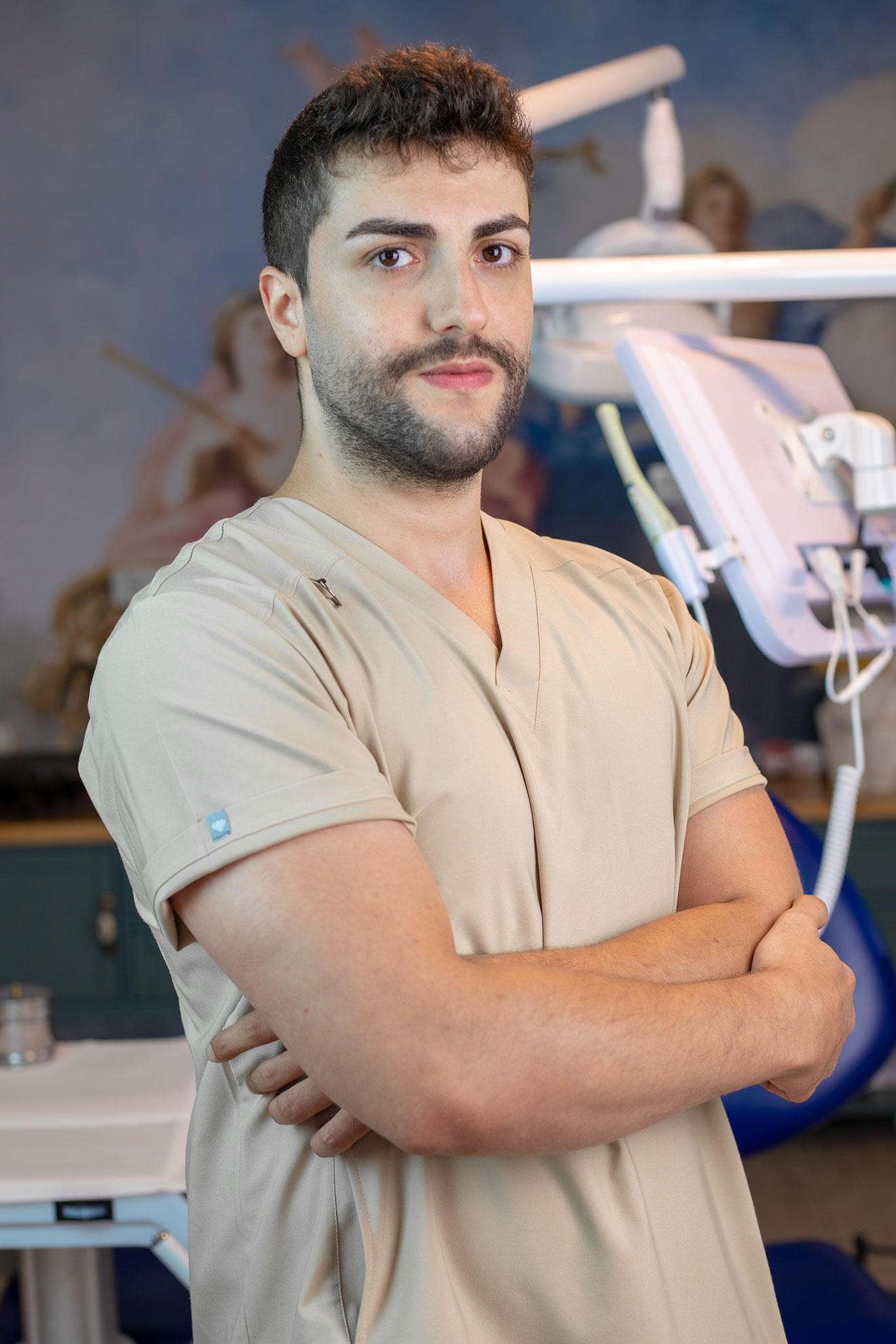
Dentist

Dental Assistant

Manager
Explore real before and after results achieved through personalized treatment plans and advanced dental techniques. Discover natural smiles created with Invisalign, veneers, teeth whitening, and orthodontic treatments.
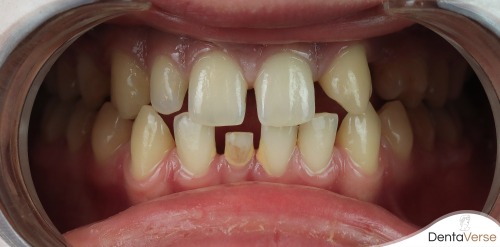
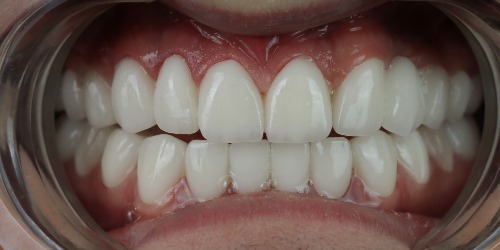
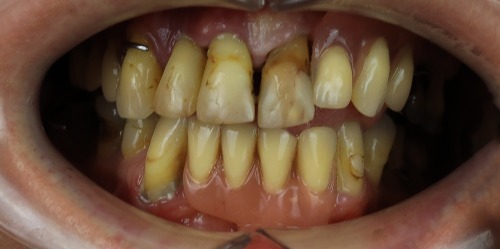
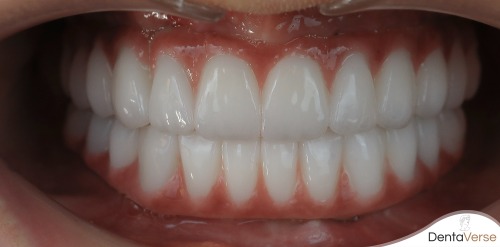
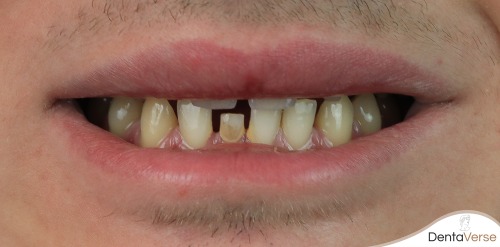
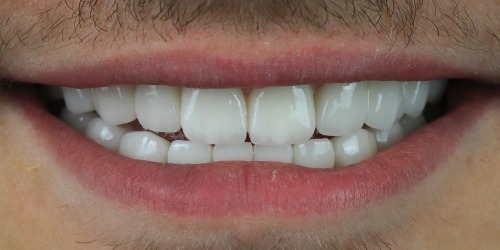
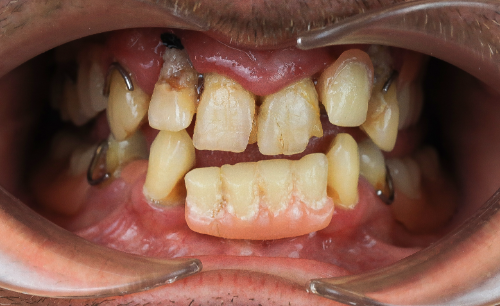
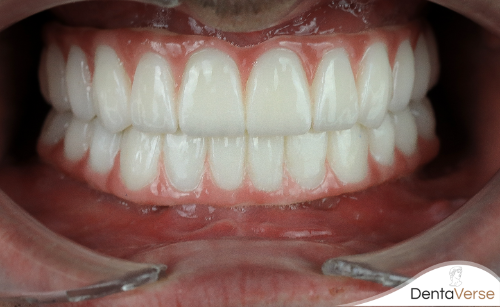
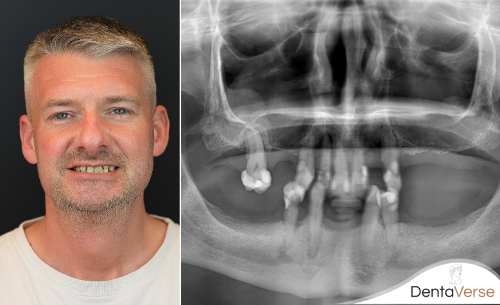
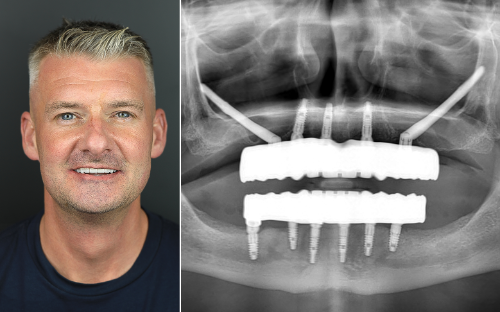
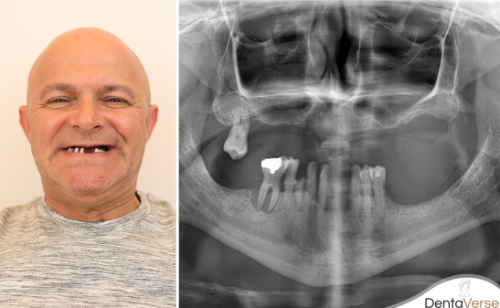
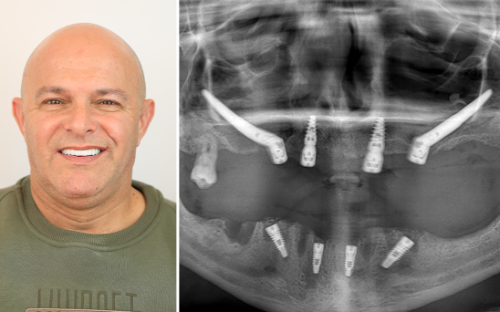
Yes. Dental treatments in Turkey are performed by licensed dentists in modern clinics that follow international hygiene and safety standards.
Lower operational costs and local pricing structures allow high-quality dental care to be offered at more affordable prices.
Treatment duration depends on the procedure. Some treatments can be completed within a few days, while others may require multiple visits.
Most treatments are planned to minimize travel. In many cases, a single visit is sufficient.
Online treatment plans are preliminary and may change after an in-person dental examination.